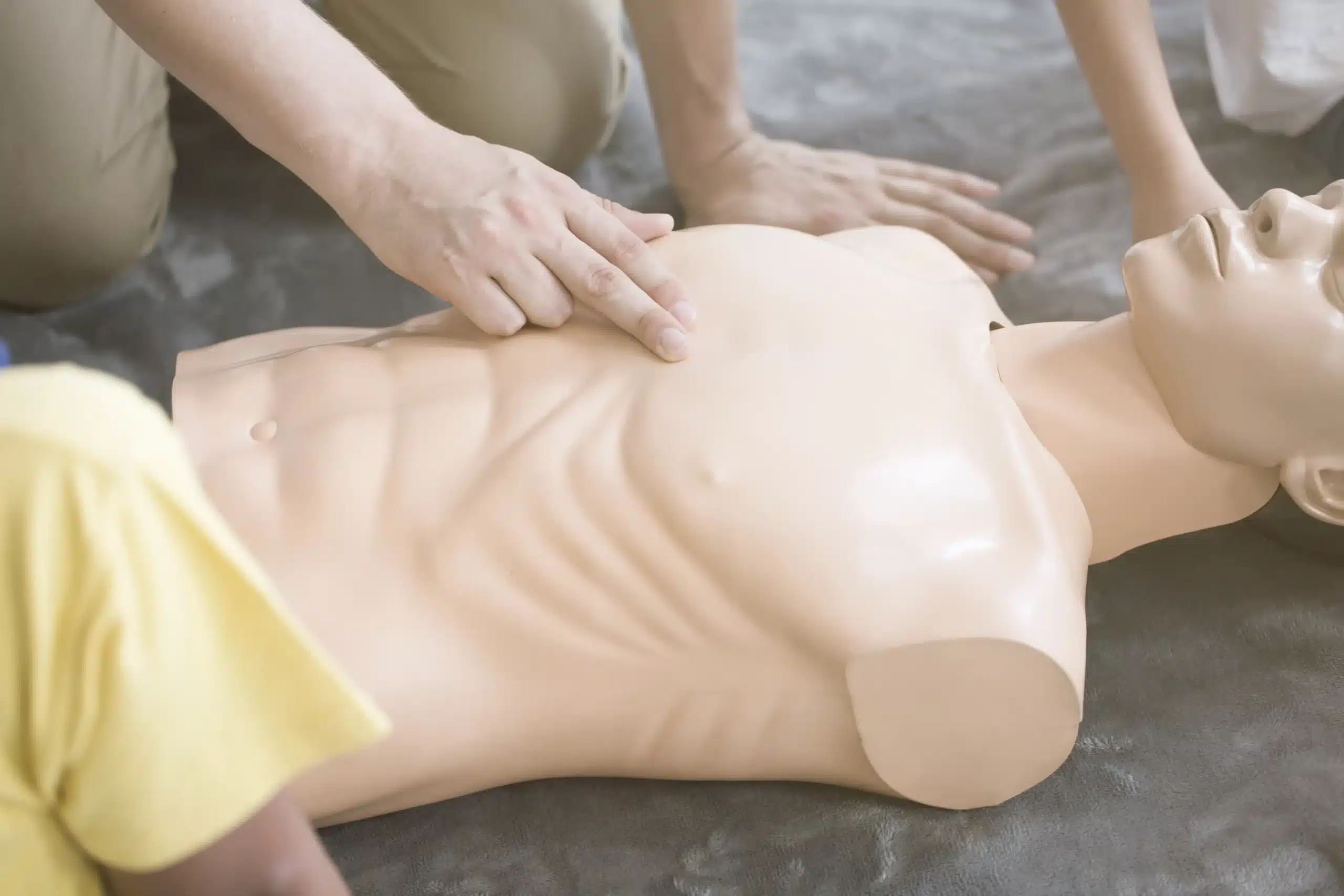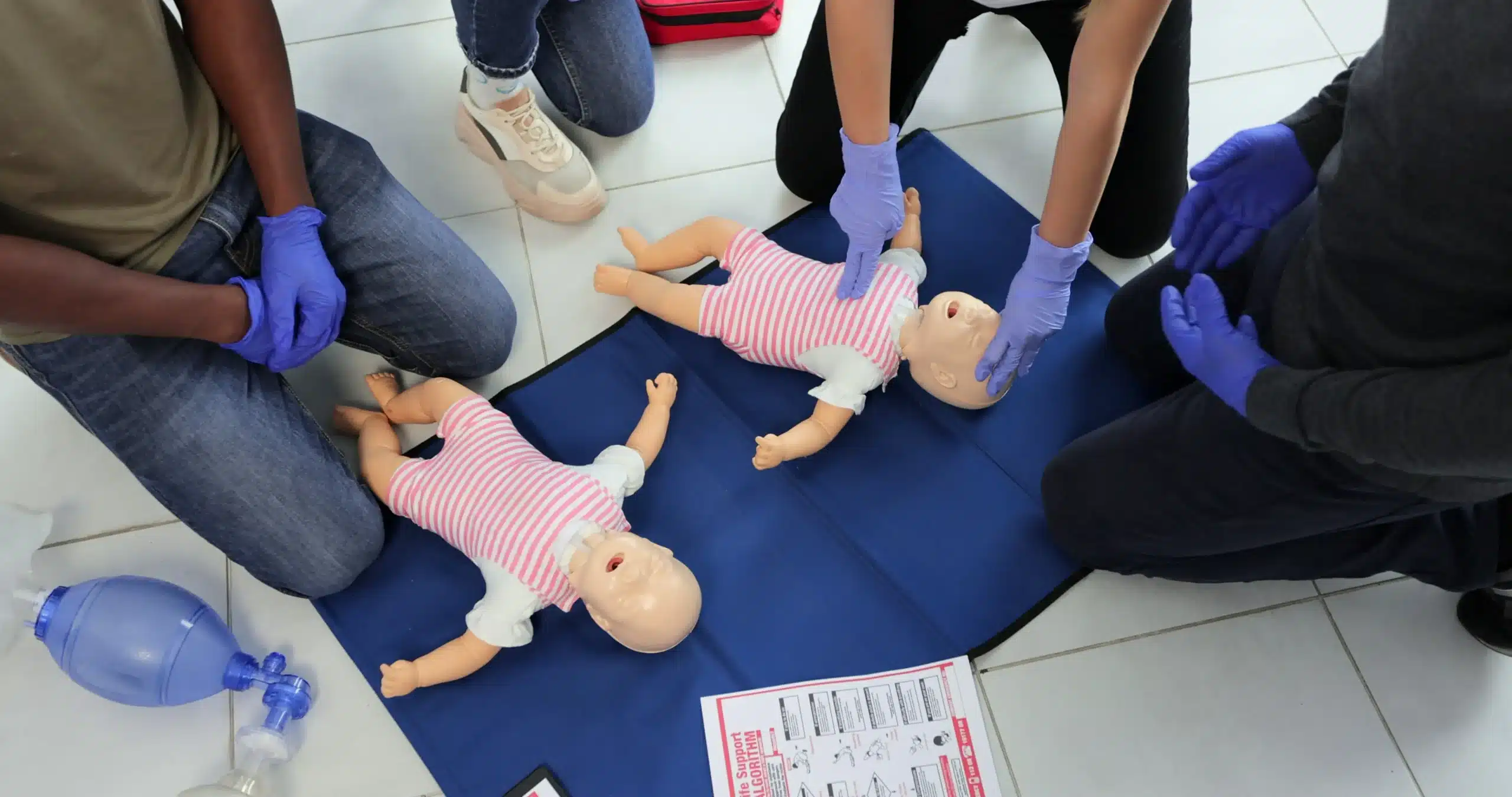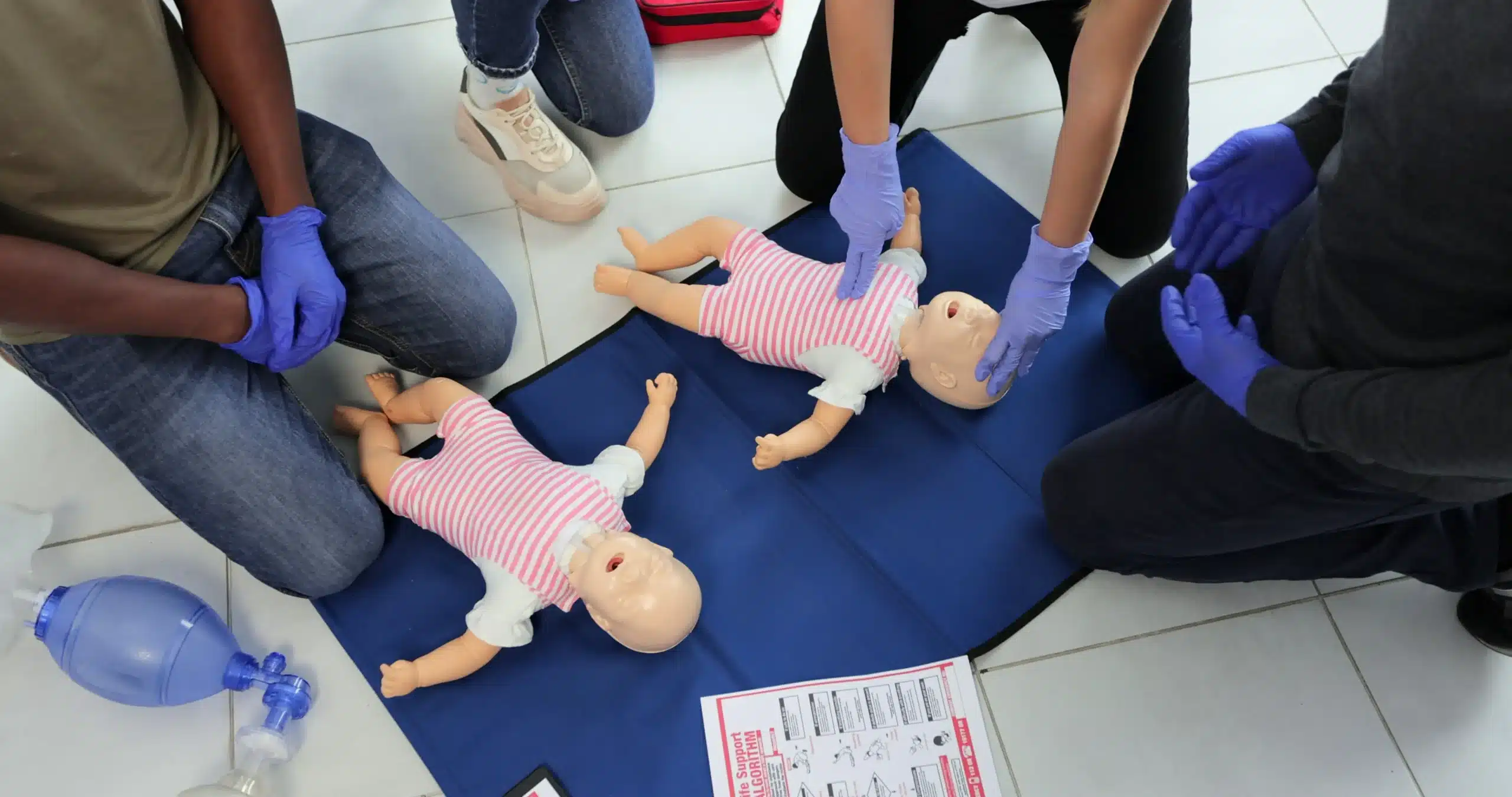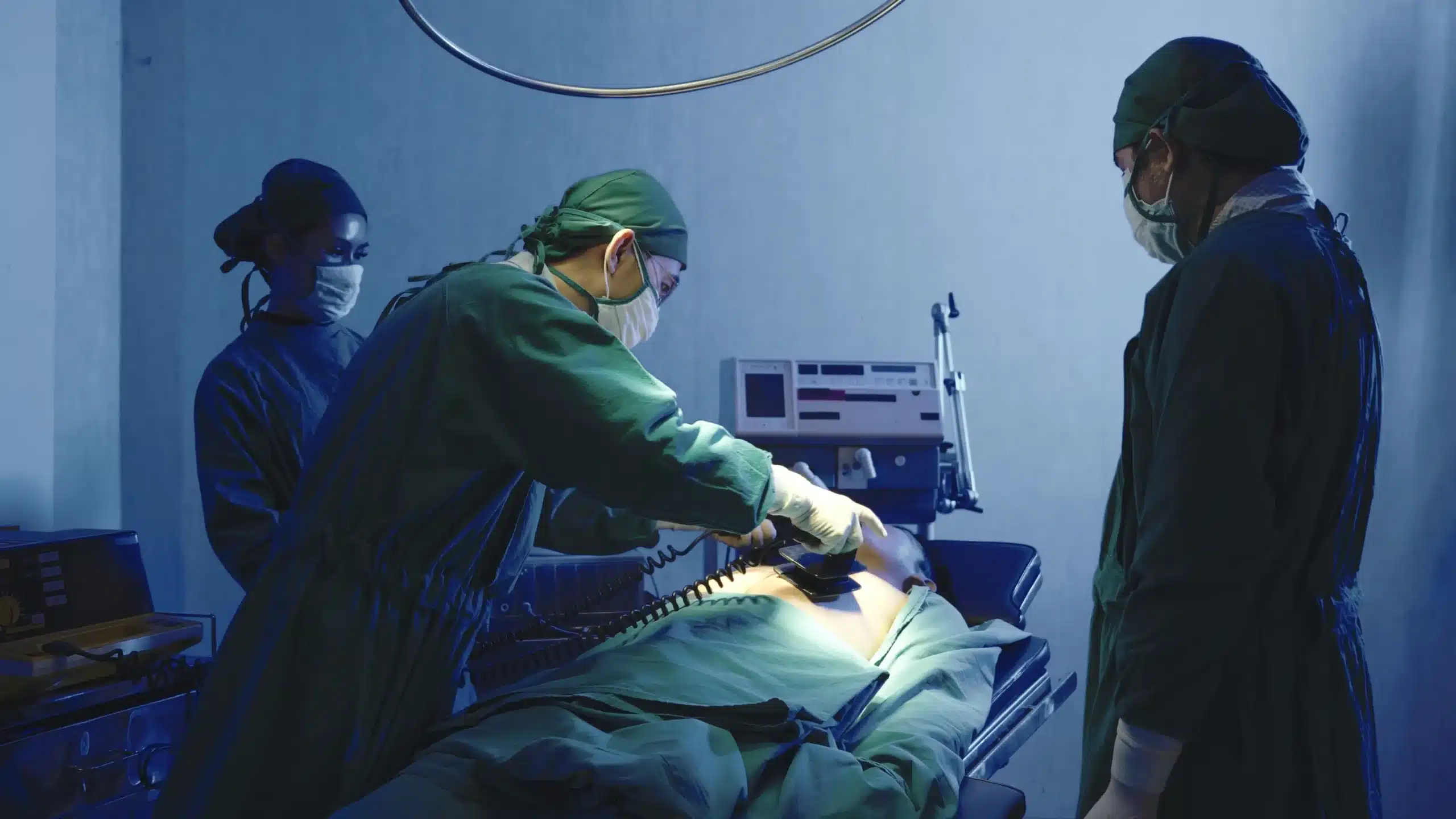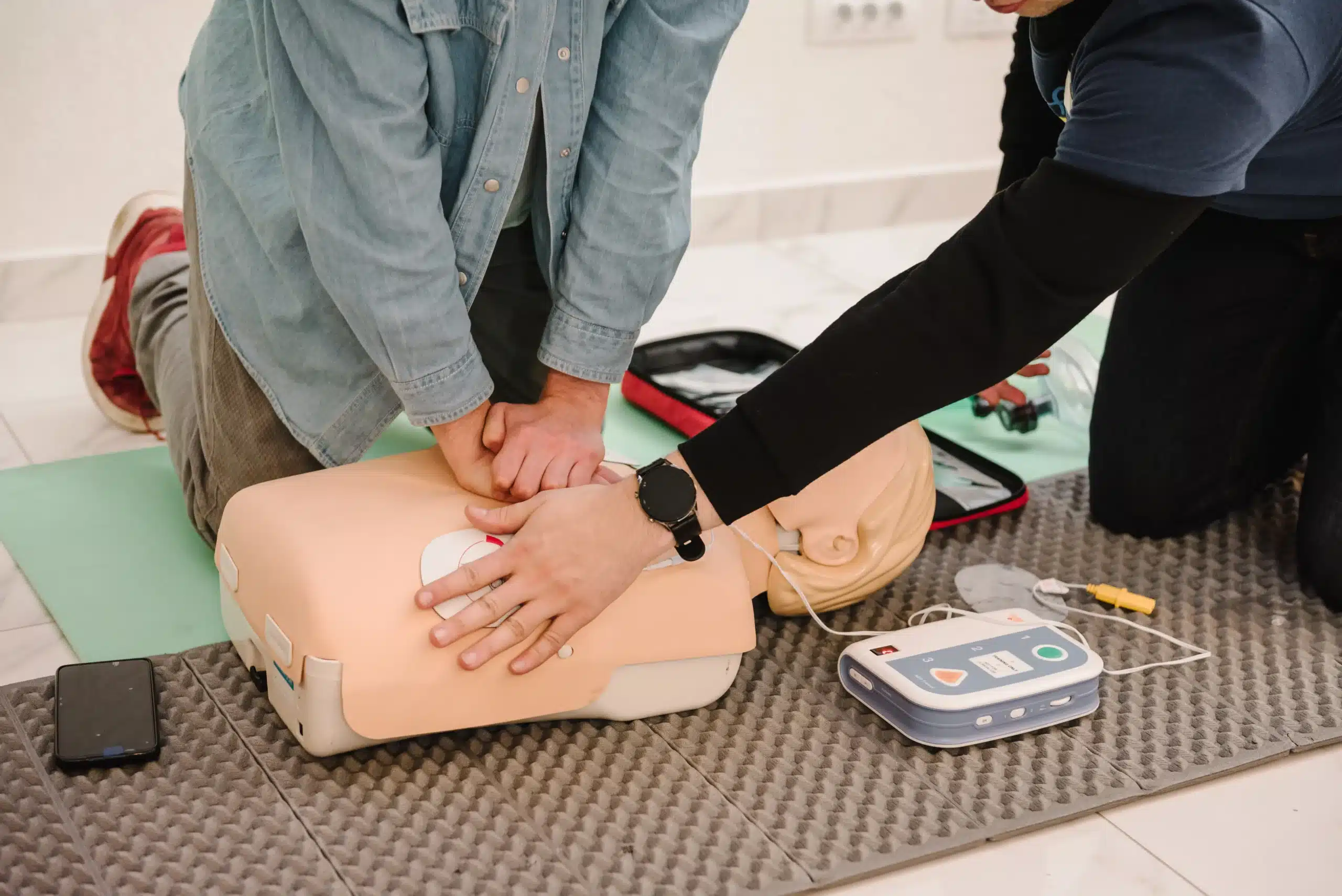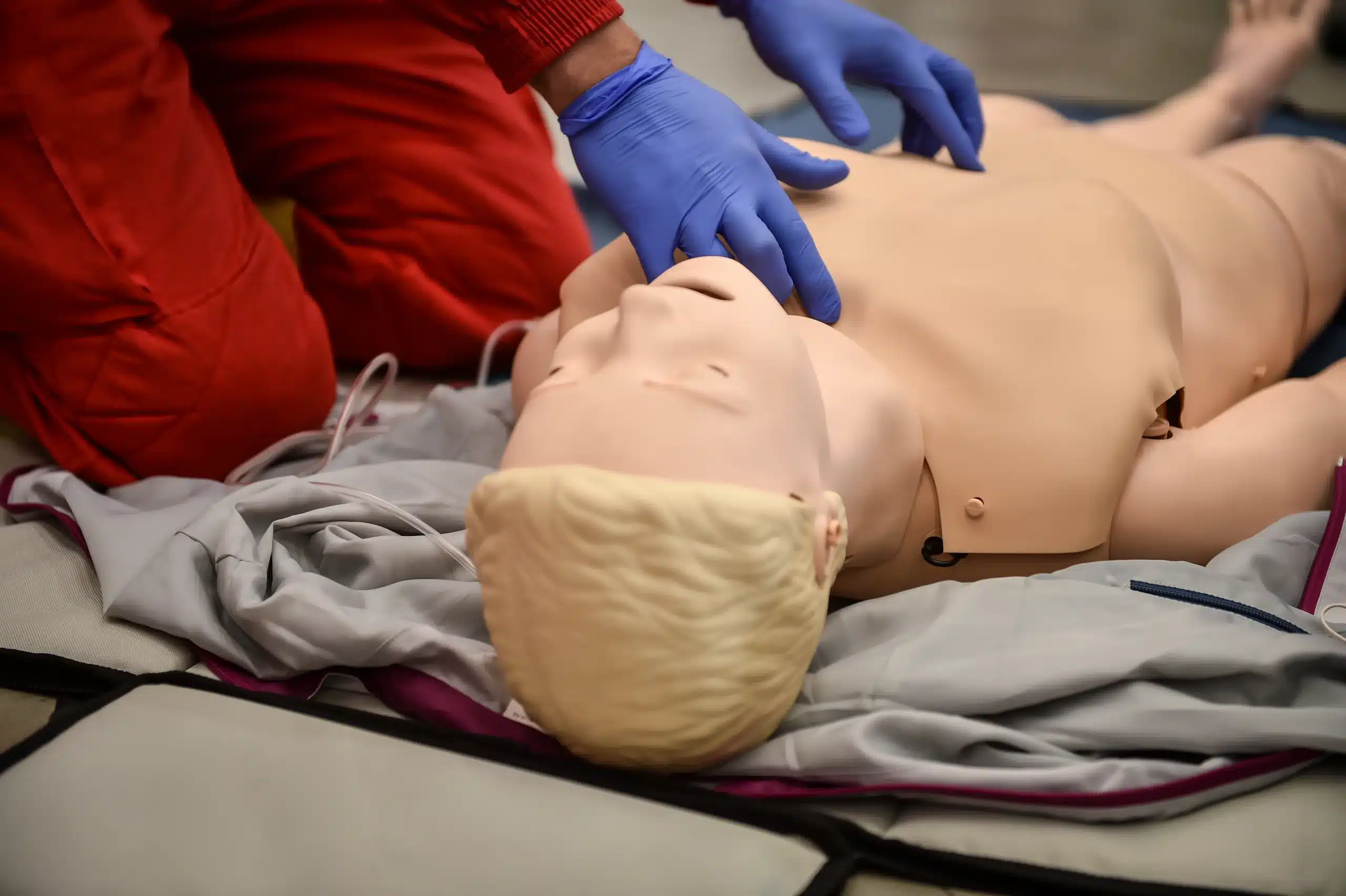A Complete Guide to Psychological Recovery for CPR Survivors
Cardiopulmonary Resuscitation (CPR) saves lives. Whether performed during a sudden cardiac arrest or a life-threatening event, it dramatically increases survival rates. According to the American Heart Association (AHA), bystander CPR can double or even triple survival chances. This simple yet powerful intervention underscores its life-saving potential.
However, surviving CPR often comes with challenges that extend beyond physical recovery. The psychological toll of facing a near-death experience, combined with dealing with the aftermath, is often overlooked. Issues such as anxiety, depression, and survivor’s guilt can hinder a survivor’s path to holistic healing.
This blog explores psychological recovery for CPR survivors. We’ll discuss the mental health challenges survivors face, and practical coping strategies that can be implemented. Whether you’re a survivor, a loved one, or a healthcare professional, this guide aims to support and educate.
Understanding the Psychological Impact of CPR
Immediate Emotional Responses
Surviving CPR provides a second chance at life, but the immediate aftermath can trigger intense emotions. Survivors often experience:
- Fear: The shock of the incident and uncertainty about recovery can cause heightened fears over health.
- Confusion: Waking up after CPR can leave survivors disoriented, struggling to piece together what happened.
- Anxiety: Many report heightened hypervigilance, constantly worrying about another health scare.
Acute Stress Disorder (ASD)
Some survivors develop Acute Stress Disorder (ASD), characterized by flashbacks, nightmares, and emotional distress within a month after the event. For example, survivors may vividly relive moments of the procedure, such as seeing responders or chest compressions being performed.
Long-Term Effects on Mental Health
For others, the impact stretches far into the future:
- Post-Traumatic Stress Disorder (PTSD) can manifest in recurring thoughts about the incident or excessive avoidance of health-related settings.
- Survivor’s Guilt arises when survivors grapple with questions like, “Why me?”—especially in cases when others did not make it.
- Depression often accompanies these emotions, leading to feelings of helplessness and isolation.
An Adjustment to Mortality
Survivors frequently develop existential questions. Many reflect on their mortality, questioning their purpose or meaning in life. These shifts can challenge a person’s worldview but may also allow for personal growth over time.
The Statistics
Did you know up to 25% of cardiac arrest survivors experience PTSD? Studies suggest that rates of depression and anxiety are also common, making it critical to address these challenges early.
Coping Strategies for Survivors and Families
Rebuilding life after surviving CPR requires a multi-faceted approach. Here are proven strategies for survivors and their families to cope effectively:
1. Mindfulness-Based Techniques
Mindfulness can help survivors stay grounded by reducing feelings of stress and anxiety. Here are practical approaches:
- Mindfulness Meditation: Dedicate 10 minutes a day to focus on breathing and rooting yourself in the present moment.
- Journaling: Encourage writing down feelings to process emotions and reflect on positive experiences.
- Yoga: Combine motion with mindfulness to relieve bodily tension while easing mental distress.
Pro Tip: Use free apps like Insight Timer or Calm for guided meditation sessions.
2. Build Strong Support Networks
The path to recovery becomes easier with the right people by your side:
- Family and Friends: Open communication with loved ones helps survivors feel supported and understood.
- Survivor Groups: Communities like those from the American Heart Association bring survivors together to share stories and advice.
Explore online forums or local meetup groups by organizations like Sudden Cardiac Arrest Foundation for survivor-specific support.
3. Adopt Healthy Lifestyle Adjustments
Small, sustainable changes can have a big impact:
- Physical Activity improves mood and strengthens the heart while keeping stress levels in check.
- Balanced Diet ensures the physical recovery process progresses alongside mental well-being.
- Quality Sleep aids mental clarity and emotional regulation.
4. Seek Professional Help
For many survivors, professional mental health care is essential:
- Therapists Specializing in Trauma can provide tailored interventions.
- Cognitive Behavioral Therapy (CBT) is highly effective in helping survivors reframe negative thinking patterns.
- Eye Movement Desensitization and Reprocessing (EMDR) offers relief for processing traumatic memories.
Not sure where to start? Look for professionals with experience supporting patients after medical trauma, or consult online directories like Psychology Today.
Why Psychological Recovery is Essential
Addressing mental health not only strengthens emotional resilience but also directly impacts physical healing. Managing stress improves heart health, aids recovery, and prevents recurrent health scares. Survivors who tackle both emotional and physical rehabilitation report feeling more empowered and less burdened over time.
Take Action to Support Resuscitation Recovery
Empower Yourself with CPR Training
Whether you’ve experienced CPR or simply want to prevent similar scenarios for others, learning CPR is a powerful way to be prepared. AHA-certified programs like CPR & First Aid, Basic Life Support (BLS), Advanced Cardiac Life Support (ACLS), and Pediatric Advanced Life Support (PALS) are accessible and can be life-changing for someone in an emergency.
If you’re a healthcare professional, encourage your organization to update and ensure employee knowledge about both physical and psychological patient recovery.
Psychological Recovery is a Journey, Not a Race
Recovering from the psychological toll of CPR takes time, patience, and the right strategies. Remember, healing is not linear—it is a process of ups and downs, learning and growing. CPR survivors demonstrate immense strength and resilience simply by embarking on this path.
If you know a survivor navigating recovery, share this guide to offer the support they need. The road to recovery is easier when traveled together.
Feeling inspired? Start small—whether it’s connecting to a community, seeking therapy, or even signing up for CPR training to help others. Each step you take might just mean the world to someone else.



